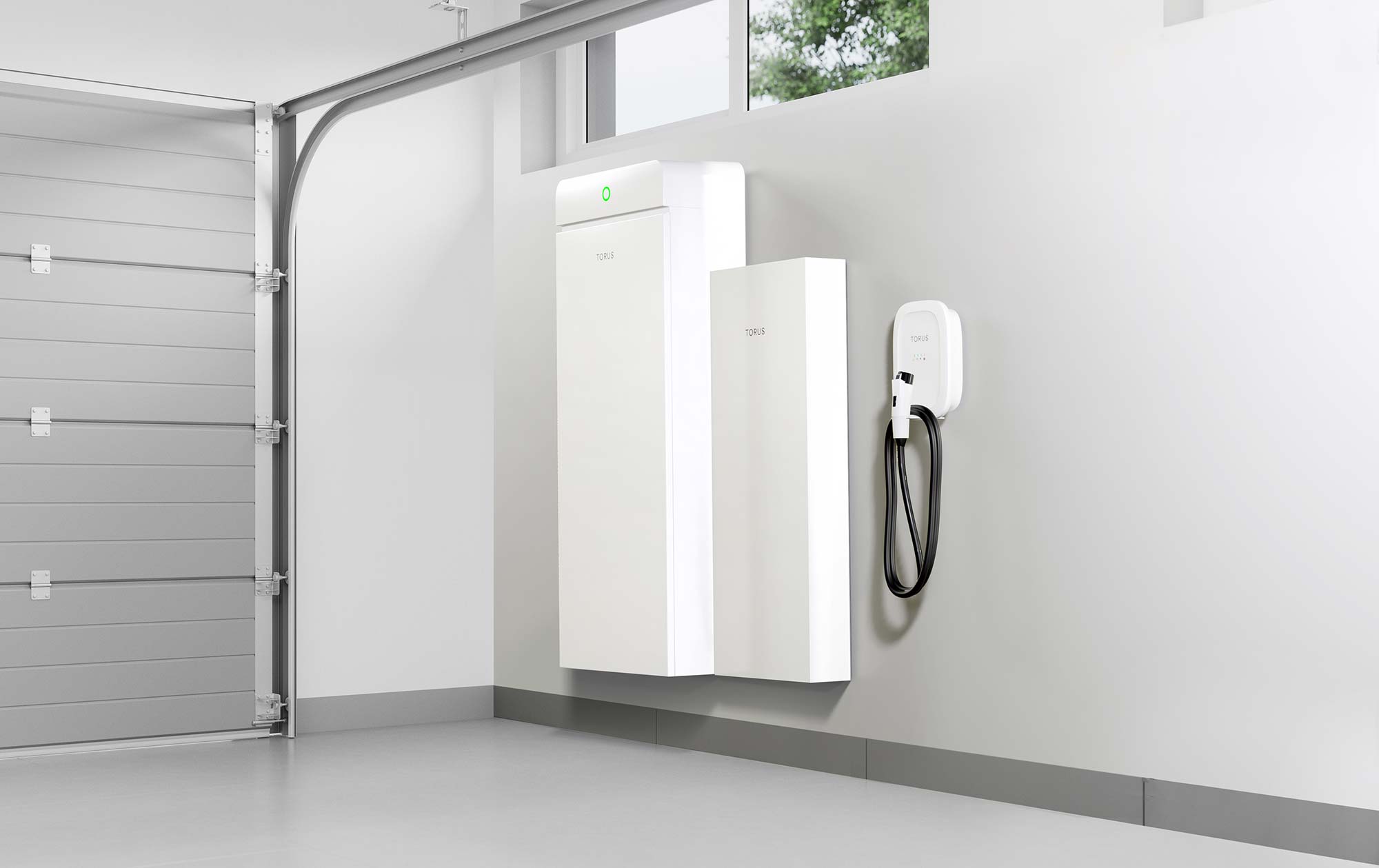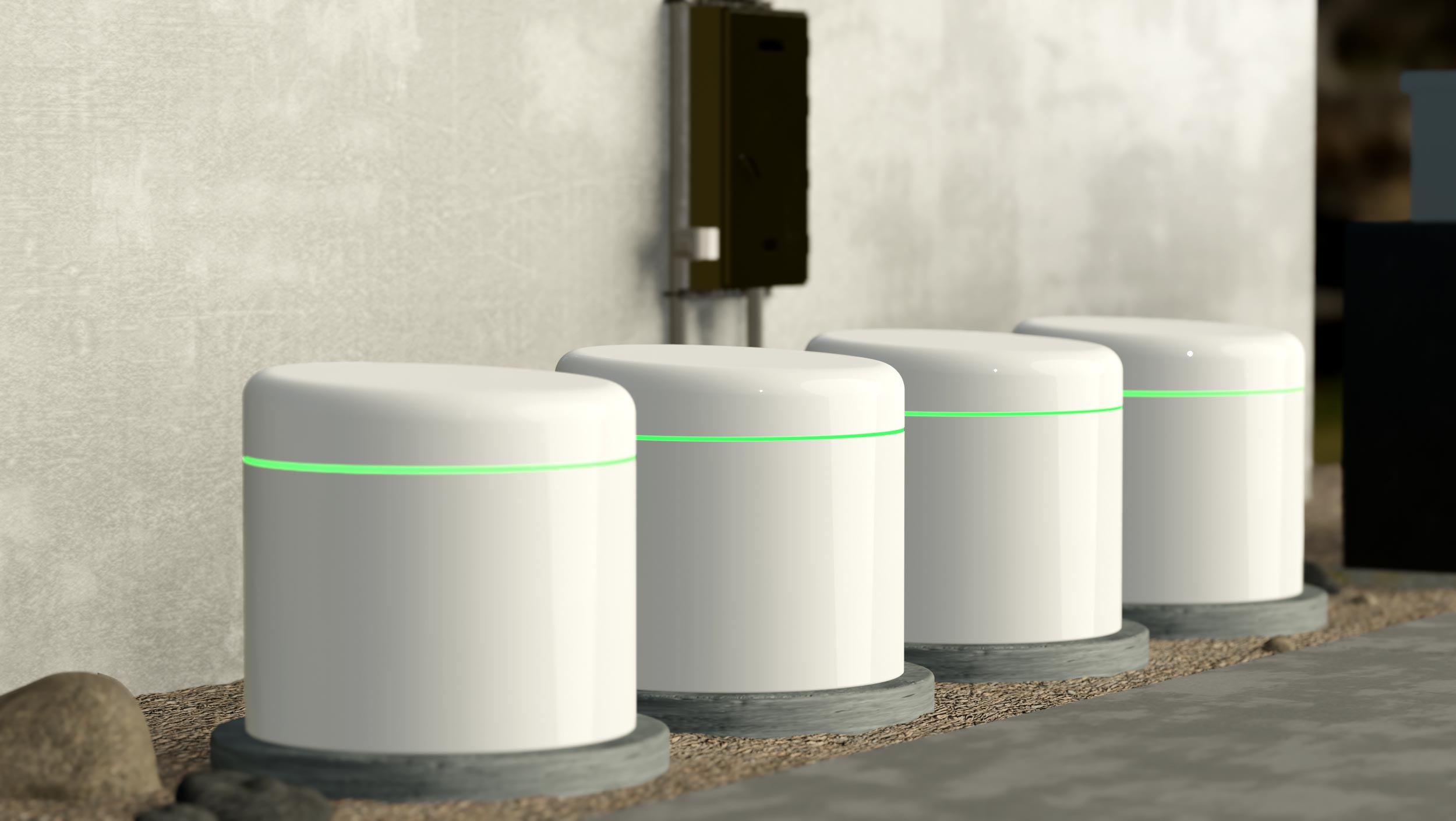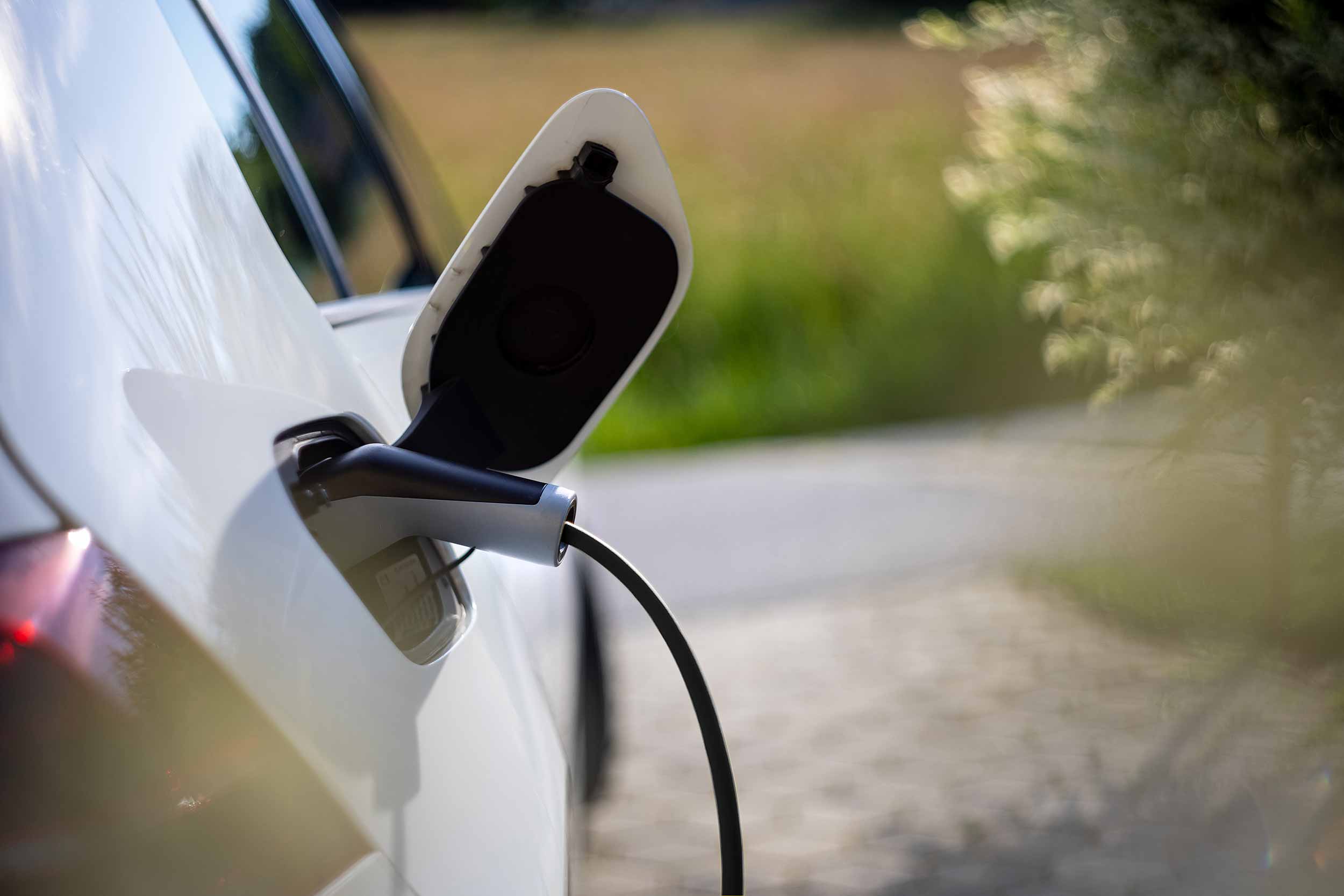What Are the Pros & Cons of Nuclear Energy?
A clear look at the key tradeoffs and considerations
Nuclear energy has long been a topic of debate in the pursuit of clean and reliable power generation. As countries strive for sustainable energy solutions, it is essential to evaluate the advantages and challenges associated with nuclear energy to make it work safely and sustainably for us all. We’re discussing of the benefits and challenges of nuclear energy below.
Pros of Nuclear Energy:
- High Energy Density: Nuclear power plants have a high energy density, meaning they can generate large amounts of electricity using relatively small amounts of fuel. This efficient use of fuel makes nuclear energy a reliable and cost-effective source of electricity.
- Low Greenhouse Gas Emissions: Nuclear power generation produces minimal greenhouse gas emissions, making it an great option for mitigating climate change. Nuclear plants do not emit carbon dioxide during electricity production, offering a low-carbon alternative to fossil fuel-based power plants.
- Continuous Power Generation: Nuclear power plants operate continuously, providing a stable and consistent supply of electricity. They can run for extended periods without interruption, ensuring a reliable source of power that is not subject to weather or environmental fluctuations.
- Base Load Power: Nuclear energy serves as a reliable base load power source, providing a consistent supply of electricity to meet the constant demand. This complements intermittent renewable energy sources by offering a stable power supply that can fill in during times of low renewable energy production.
- Fuel Availability and Energy Security: Uranium, the primary fuel used in nuclear power plants, is relatively abundant worldwide. Access to uranium reserves can contribute to energy security by reducing dependence on imported fossil fuels and increasing a nation's self-sufficiency in power generation.
Cons of Nuclear Energy:
- Radioactive Waste Disposal: Nuclear power generation produces radioactive waste that requires careful management and disposal. Safe and secure long-term storage of radioactive waste is essential to mitigate potential environmental contamination and any public health concerns.
- Risk of Accidents and Meltdowns: While nuclear power plants have stringent safety measures in place, the release of radioactive materials during accidents can have severe consequences for human health and the environment. Though rare, it’s imperative that safety measures and protocols are followed to the letter to avoid any accidents.
- High Initial Costs: Building and commissioning a nuclear power plant involves significant upfront costs. And while their benefits are far-reaching, the construction of nuclear facilities requires substantial investments in infrastructure, safety systems, and regulatory compliance, making it a capital-intensive endeavor.
- Limited Site Availability: Nuclear power plants require specific geographic conditions and proximity to water sources for cooling purposes. Identifying suitable sites for nuclear plants can be challenging, limiting their potential deployment in certain regions.
- Nuclear Proliferation and Security Risks: The secure handling and protection of nuclear facilities and materials are crucial to prevent unauthorized access and ensure international security. As technology advances and safety practices evolve, nuclear energy may continue to play a role in the global energy transition, but careful consideration of its associated risks and long-term sustainability is essential.
The Torus Station is the most effective way to create, store, and manage clean, renewable energy at home.
Curious? Learn More.
Interested in a free consultation? Get in Touch
Ready to commit? Customize your system




